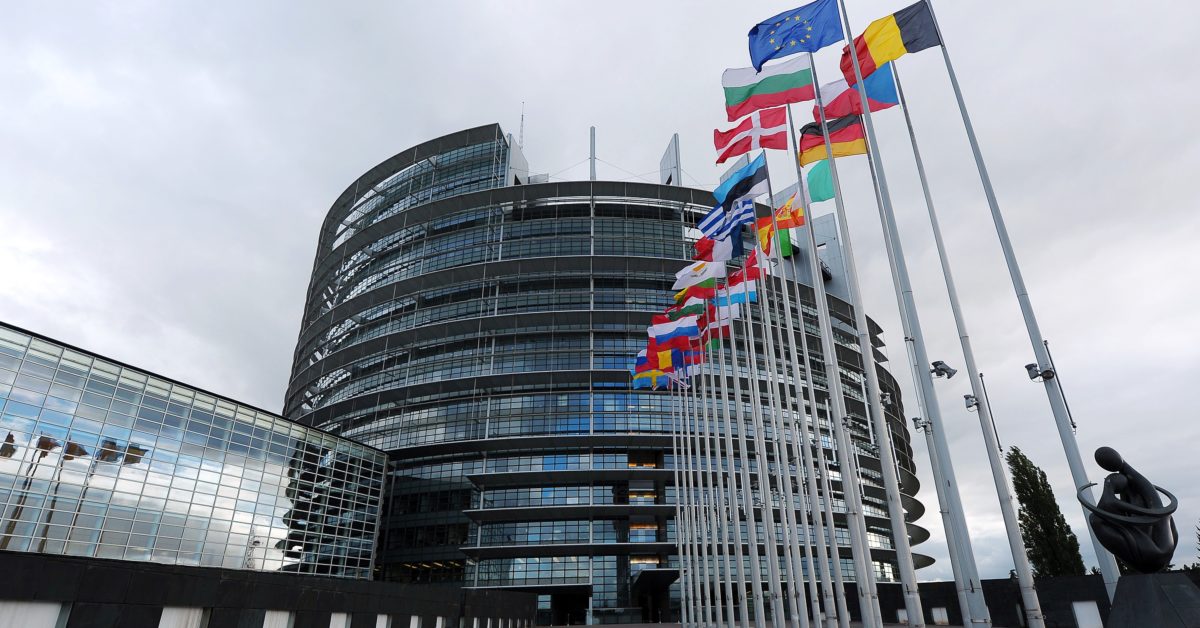Increasing compulsory superannuation would crush consumer spending
The Grattan Institute has attacked the legislated lift in the superannuation guarantee (SG) to 12%, claiming it would “leave an enormous hole in economic activity”: Legislated plans to increase the rate of compulsory superannuation contributions incrementally to 12 per cent of wages between 2021 and July 2025 would also exacerbate the economic problems caused by COVID-19, and should be abandoned. At least 80 per cent of the cost of higher compulsory super contributions comes at the cost of lower...






